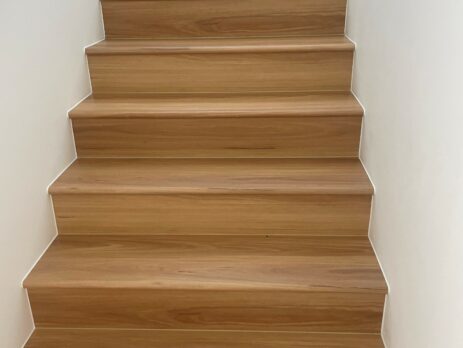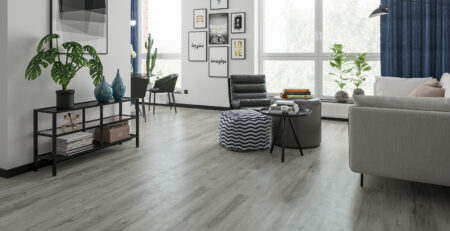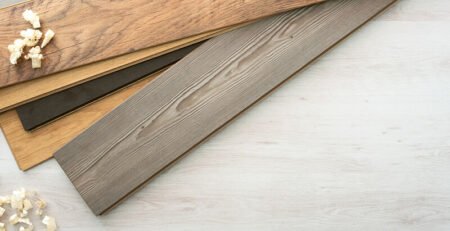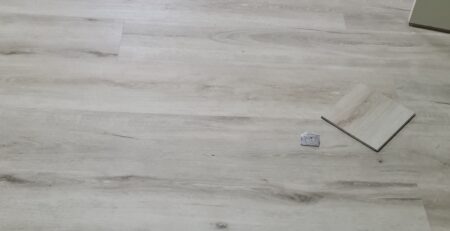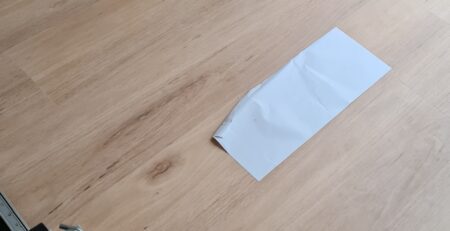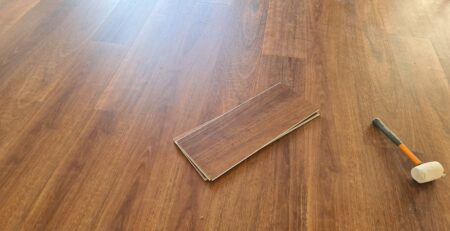THE PROS AND CONS OF SPC FLOORING
What is SPC Flooring? Is it Good?
SPC (stone plastic composite) flooring is a type of luxury vinyl flooring that has gained popularity in recent years due to its durability, water-resistance, and ease of installation. It is made from a combination of stone powder and plastic, which gives it a unique set of benefits and drawbacks. In this essay, we will explore the pros and cons of SPC flooring to help homeowners and business owners make an informed decision about whether this type of flooring is right for them.
One of the main pros of SPC flooring is its durability. The stone powder in the composition of SPC flooring makes it more resistant to scratches and dents than traditional vinyl flooring. Additionally, the plastic component provides a water-resistant layer that makes it less susceptible to damage from moisture. This makes SPC flooring an ideal choice for high-traffic areas such as hallways and entryways, as well as for spaces that are prone to spills and moisture, such as kitchens and bathrooms.
Another pro of SPC flooring is its ease of installation. This type of flooring comes in planks or tiles that can be easily clicked together, making it a great option for DIY projects. Additionally, SPC flooring is lightweight, which makes it easy to handle and transport. This can save homeowners and business owners money on installation costs, as it can be done with less labor.
In terms of design, SPC flooring can mimic the look of natural materials such as hardwood, stone, and even ceramic tiles, but at a fraction of the cost. It also comes in a variety of colors and patterns, which can be used to create a unique look in any space.
SPC flooring also has eco-friendly advantages, it’s made from a combination of stone powder and plastic which are recycled materials. This makes it a more sustainable option than traditional hardwood or natural stone flooring, which are often harvested from limited natural resources.
While SPC flooring has many benefits, there are also a few potential downsides to consider. One of the main cons of SPC flooring is its cost. While it is generally more affordable than other types of luxury flooring, such as solid hardwood or natural stone, it can still be quite expensive when compared to traditional vinyl or laminate flooring. This may make it difficult for some homeowners or business owners to afford, especially if they are working with a tight budget.
Another con of SPC flooring is that it is not suitable for outdoor use. SPC flooring is not designed to withstand extreme temperature changes, and can be easily damaged by exposure to the elements. This means that it should not be used in outdoor spaces such as patios or decks.
Another disadvantage of SPC flooring is the difficulty in repair. Unlike other types of flooring that can be repaired or refinished, any damage to SPC flooring requires replacement of the entire plank. This can be costly and time-consuming, and may not always be possible if the damage is extensive.
Lastly, SPC flooring can be quite heavy in comparison to other types of flooring. This can make installation more difficult, especially in areas with limited access or tight spaces. Additionally, SPC flooring can be more difficult to cut and shape than other types of flooring, which can also complicate the installation process.
In conclusion, SPC flooring offers a number of benefits, including durability, water-resistance, ease of installation, and eco-friendly advantages. However, it also has several potential downsides, such as cost, limited design options, difficulty in repair, not suitable for outdoor use, and heavy weight that should be considered before making a decision


